Our core funding, provided by a grant from the Administration on Community Living, supports activities focused on building the capacity of Arkansans to create more inclusive communities. We also receive funding from other grants and contracts to carry out a wide variety of projects. All of our projects relate, in some way, to disabilities.
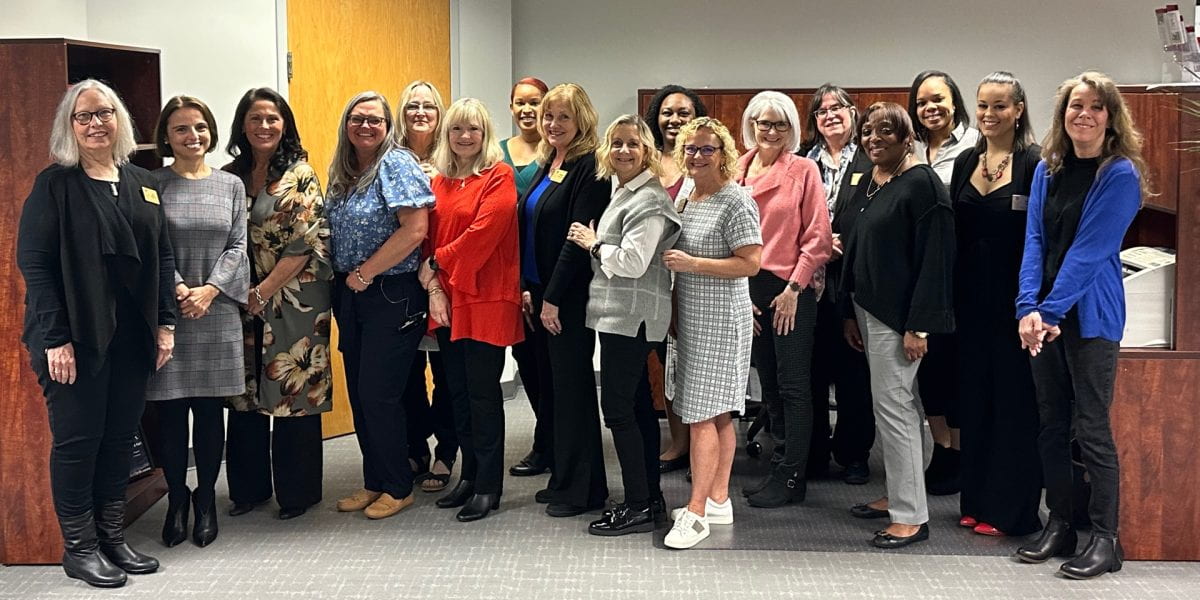
Administration on Disabilities Core Grant
This serves as the administrative grant that establishes U of A Partners as the University Center for Excellence in Developmental Disabilities Education, Research & Service (UCEDD) for Arkansas. It provides a wide range of services on varied topics including interdisciplinary pre-service training, community education and training, research, and information dissemination.
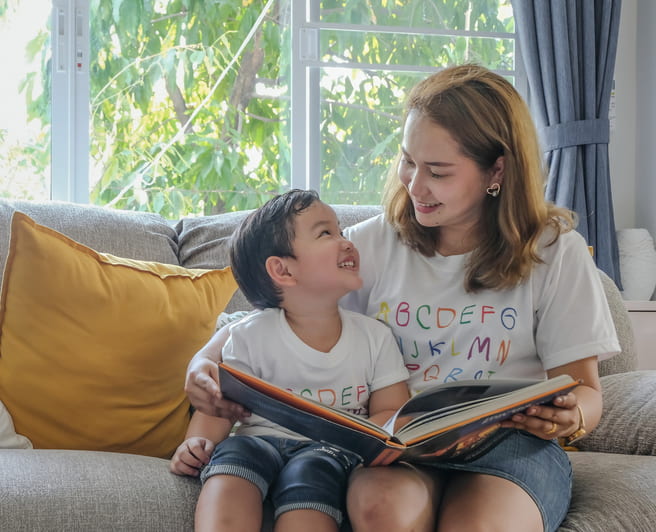
Arkansas Autism Partnership
The Arkansas Autism Partnership (AAP) is the Medicaid waiver program for young children with autism between the ages of 18 months and 8 years (must be accepted and begin the program before the fifth birthday to be eligible). The program provides intensive (20-25 hours per week) intervention in the natural environments where children have skills development/ behavioral needs. Most services are delivered in the home during evenings and weekends to ensure the parent is part of the team.

Arkansas Autism Resource and Outreach Center
The Arkansas Autism Resource Outreach Center (AAROC) is a non-profit organization started by parents to provide hope, direction and support to families who have a child with autism spectrum disorders (ASD). This mission is accomplished through the provision of care coordination, training, technical assistance, and support for parents whose children have been newly diagnosed or who need assistance as they move through life.
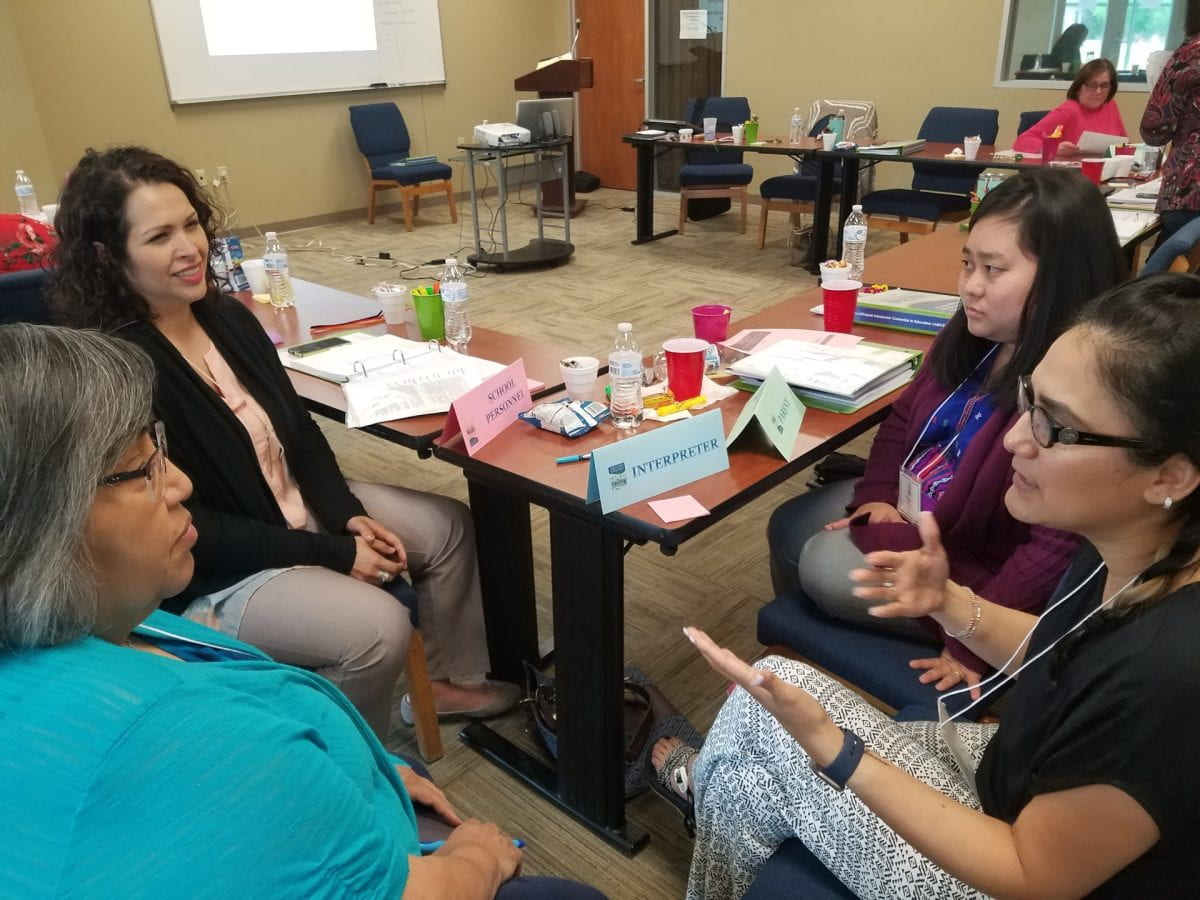
Arkansas Based Interpreter Credential in Education
ABICE- Arkansas Based Interpreter Credential in Education is a 40-hour professional credential training program for interpreters of spoken languages who provide interpretation services in educational settings that serve children from birth through 12th grade. The training is provided through the Welcome the Children project and the credential is recognized by the AR Department of Education, Division of Elementary and Secondary Education (DESE).

Arkansas Victim Assistance Academy
The mission of the Arkansas Victim Assistance Academy (AVAA) is to provide comprehensive training to Arkansas professionals who routinely serve victims of crime. AVAA is a collaboration between UA Partners, the Crime Victims’ Assistance Association of Arkansas and representatives of 12 additional organizations who serve as the steering committee. Each year these organizations collaborate to provide a foundational academy as well as opportunities for more advanced learning.

Crime Victims with Disabilities
The purpose of this project is to increase access to victim assistance services for people with disabilities and Deaf people who are victims of violence and other crimes. Project staff serve victims through co-advocacy with other organizations, provide technical assistance and training, and coordinate a statewide multidisciplinary team of professionals committed to this work. This project includes the work of C3 which focuses on trauma and the Deaf community.

Digital Access Solutions
When organizations need extra support to meet their digital access goals, we offer support on a contractual basis. This includes assisting with accessibility strategies and workflows, checking documents for accessibility, website accessibility reviews, and staff development.
Web: Coming Soon.
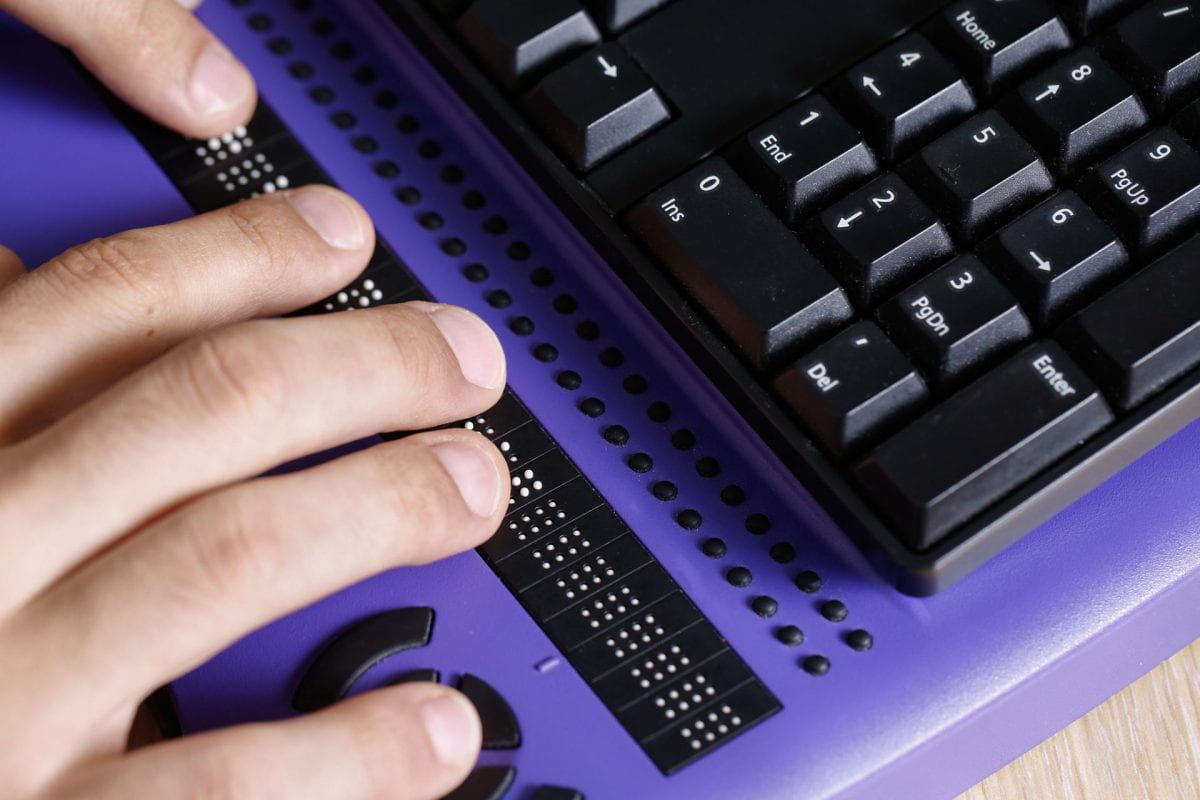
Increasing Digital Access in Arkansas
The purpose of this project is to increase the capacity of Arkansas businesses and organizations to design more accessible digital environments which result in improved access for people who use assistive technology and others. Project staff provide training and technical assistance and develop online resources on a variety of topics related to digital access.

Leadership Education in Neurodevelopmental Disabilities (LEND)
The LEND grant is an interdisciplinary training project that educates future leaders in the disability- and health-related fields. LEND trains approximately 30 trainees from five different universities and roughly 15 different professions, including clinical professions, public health professions, and self- and family advocacy. LEND trainees receive unique opportunities to experience specialty clinics, advocacy efforts, innovative research, and didactic lectures throughout the school year (Aug-May).
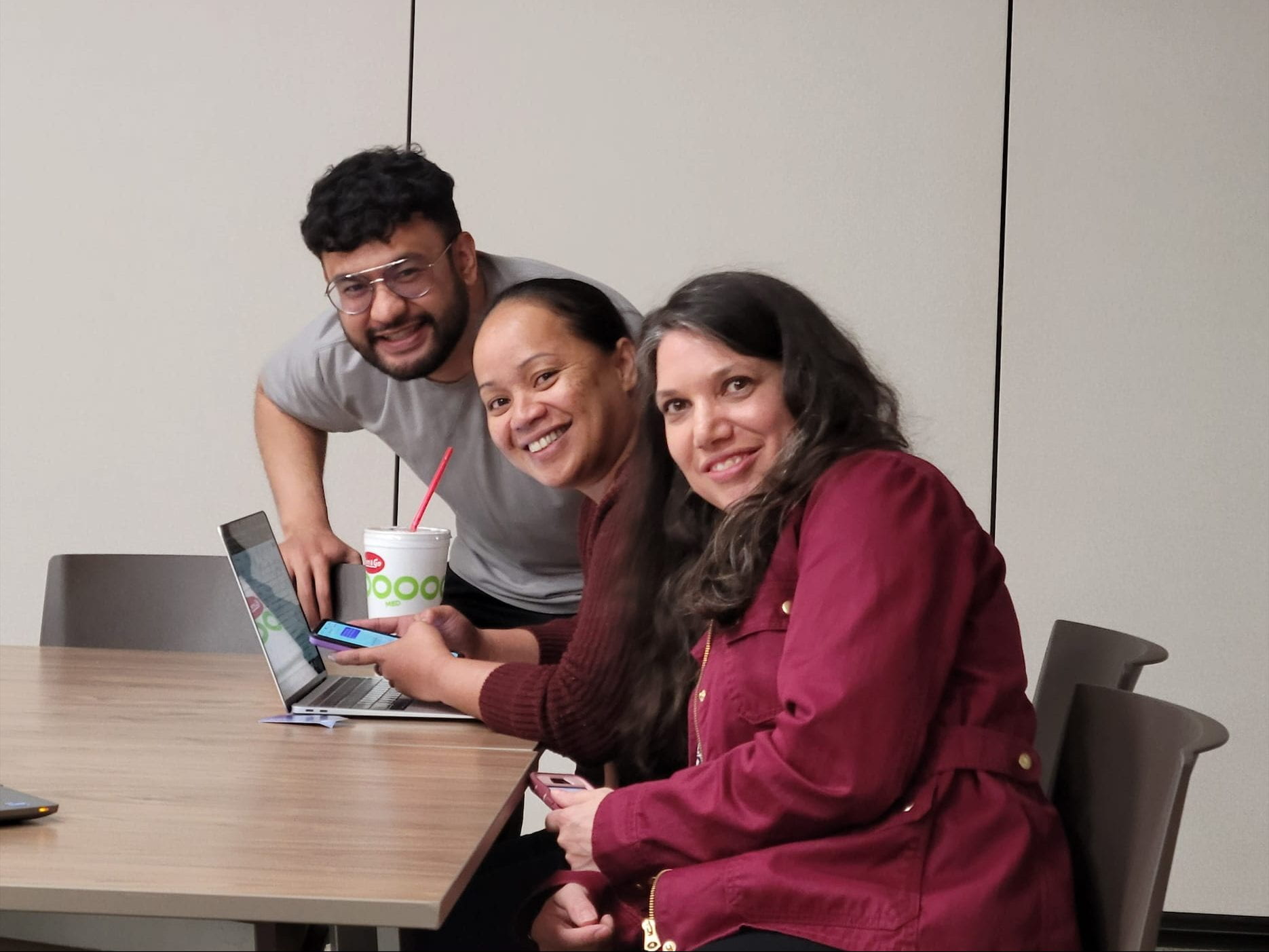
MICI: Building Community Connections
The goal of MICI is to improve communication and understanding on the topic of disabilities in the Arkansas Marshallese community by training interpreters and providing information to providers and families. Partners collaborates with the Marshallese Educational Initiative (MEI) and SeSo, Inc. on project activities.
Web: Available soon.

Positive Behavior Support Training
This project is a fee-for-service project that provides training and certification for staff of community-based disability provider agencies who want to be able to develop behavior plans for the individuals they serve and bill Medicaid for the plan development. The certification requires that participants complete the 5-day training, pass a written test, and submit a plan that is approved by project staff.

Prevention Pilot Program for Children & Families
The Arkansas Department of Human Services Prevention Pilot Project aims to increase crisis prevention, identification, intervention, and education for Arkansans that are at risk for emotional dysregulation. This project has three major aims: 1) development of a stabilization program to promote understanding and support for children experiencing dysregulation in the schools, 2) creation of intensive in-home supports for children going through significant changes in life, and 3) expansion of screening, diagnostic, and intervention services for individuals with fetal alcohol spectrum disorder and other neurodevelopmental disorders.
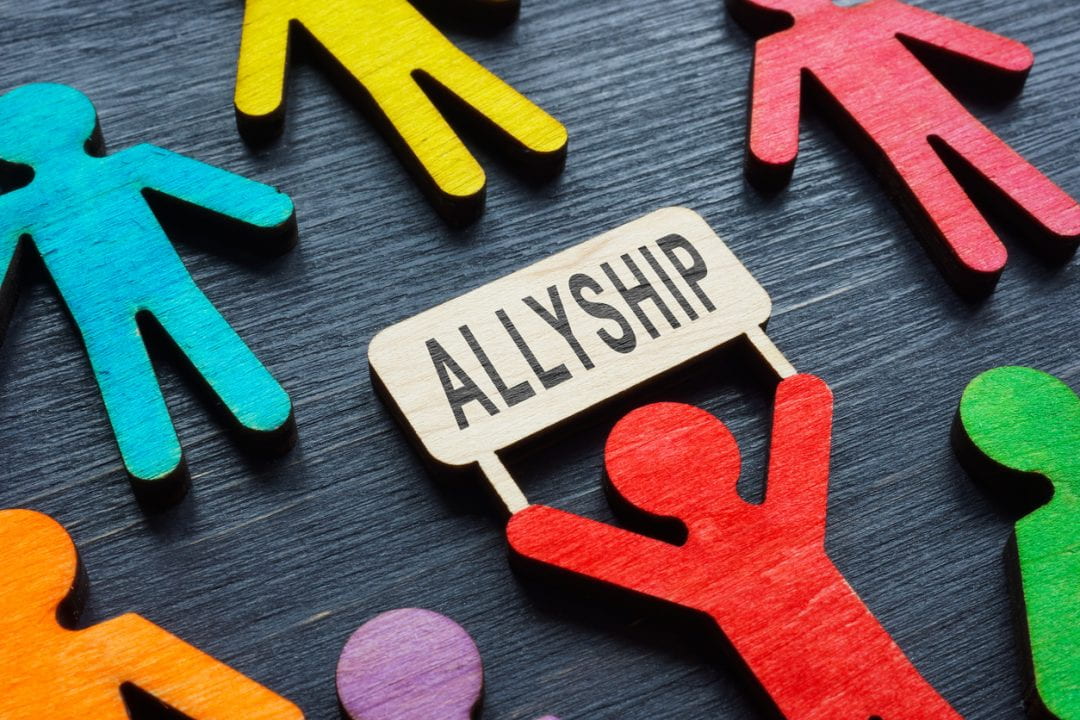
Safety and Violence Prevention
The overall goal of this project is to promote efforts that help prevent the critical problem of rape and sexual assault among people with disabilities. This is accomplished through the provision of training and capacity building activities. Training and materials are provided that challenge historical views of disability and promote allyship with the disability community.
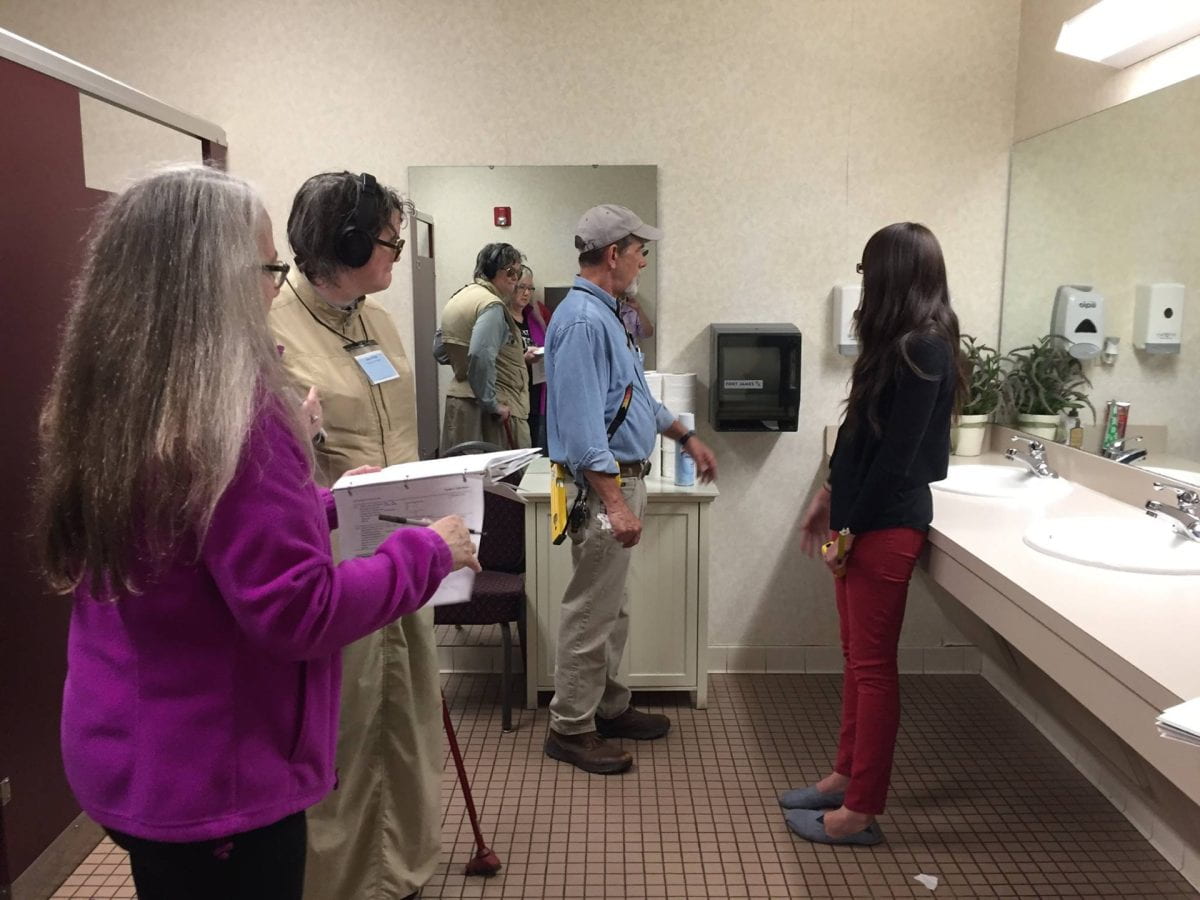
Southwest ADA Center – Regional Affiliate, Arkansas
The purpose of this project is to assist businesses and agencies in creating more accessible environments and complying with the Americans with Disabilities Act (ADA) and other disability rights laws. This is accomplished through the provision of training, technical assistance and educational resources.

Statewide Practice of Interdisciplinary Clinical Evaluation
SPICE (Statewide Practice of Interdisciplinary Clinical Evaluation) is an interdisciplinary diagnostic expansion model used to increase early identification, accurate diagnoses, and access to resources for individuals with Neurodevelopmental Disorders in Arkansas.
Learn about the Statewide Practice of Interdisciplinary Clinical Evaluation.

Statewide Self Advocacy Project
The Statewide Self-Advocacy project is a collaborative effort involving all three entities that make up the DD Network in Arkansas—U of A Partners, Disability Rights Arkansas (DRA), and the Governor’s Council on Developmental Disabilities (GCDD). The project will focus on providing training about the self advocacy movement and enhances self determination and self advocacy skills among people with developmental disabilities across the state.
More information coming soon.
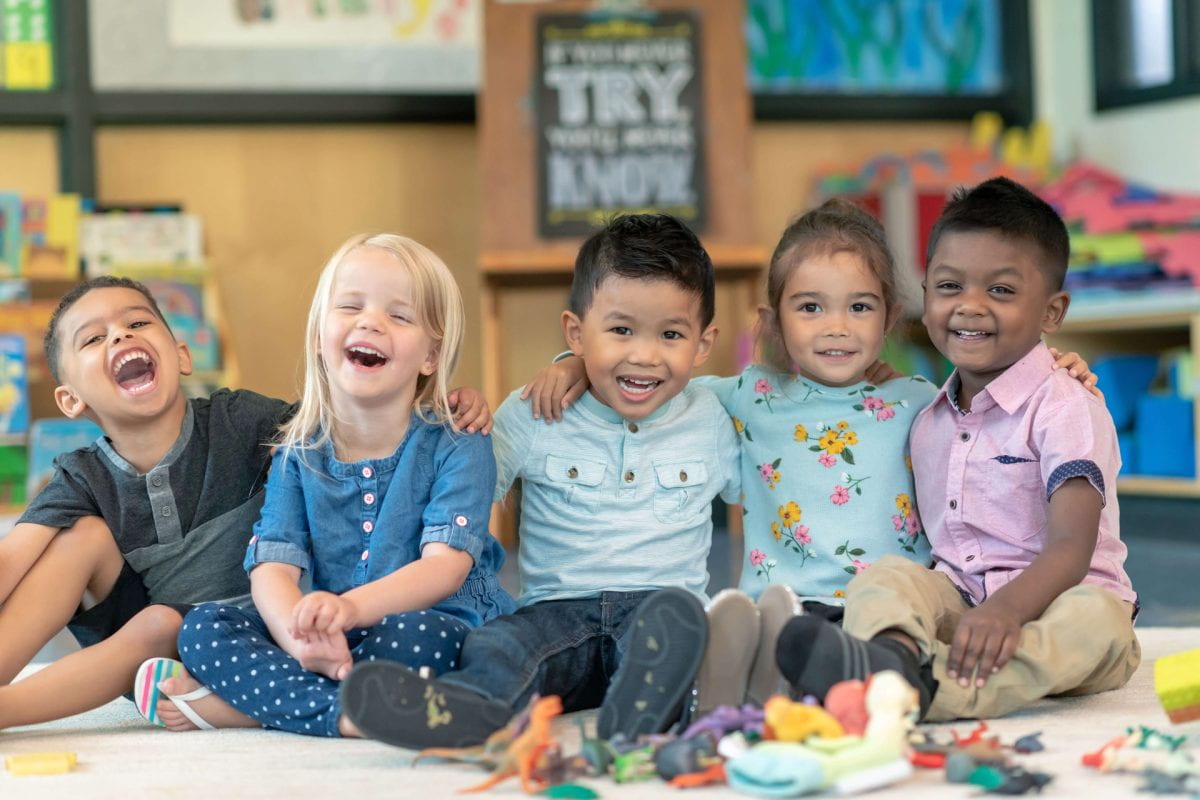
Teaming for Early Childhood Supports
The Teaming for Early Childhood Supports (TECS) project is designed to build capacity within the early childhood education network for children with developmental differences to receive effective supports and services. This is accomplished through training and on-site coaching for staff and families in both facility-based and home-based early education sites. Training topics include the power of educating all children together, autism spectrum disorders, sensory processing, positive behavior supports, fetal alcohol spectrum disorders, building positive relationships, and services and resources available for young children across the state.

Welcome the Children
The overall goal of Welcome the Children (WTC) is to help early childhood educators create programs where all children are welcomed. This goal is accomplished through quality interactive training and coaching with an emphasis on including children with disabilities and English language learners, recognizing and responding to children’s sensory needs, supporting positive behaviors, and providing language access.